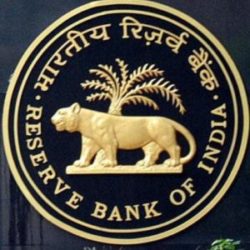What is Credit Default Swap?
The Reserve Bank of India revealed the credit default swaps (CDS) and has allowed the retail users to do the transactions in permitted credit derivatives in order to hedge their underlying credit risk.
Key Highlights
- As per the guidelines, the non-retail users will be allowed to do the transactions in credit derivatives for the purpose of hedging as well as other purposes.
- The person who is resident in India and a non-resident can participate in the market.
- As per the guideline, the exchanges can offer standardised single-name CDS contracts by specifying guaranteed cash settlement.
- The commercial papers, listed or unlisted rated rupee corporate bonds, Unrated bonds issued by the special purpose vehicles, certificates of deposit and non-convertible debentures of maturity up to 1 year are eligible to be a reference or deliverable obligation in the CDS contract.
What is Credit Default Swap?
- It is a derivative or contract that permits the investor to swap or offset his credit risk with another investor.
- It is a financial swap agreement where the seller of CDS will compensate buyer in case of a debt default.
- In such agreement, the seller of CDS insures the buyer against asset defaulting.
- Here, the buyer of CDS makes a series of payments to the seller and expect to receive payoff in case of asset defaults.
- In case of asset default, buyer of the CDS receives compensation while the seller of CDS takes possession of the defaulted loan.
- The CDS can be purchased by anyone even those buyers who do not hold the loan instrument can buy CDS.
What is Hedging?
It is a risk management strategy that is employed to offset losses in investments. The losses are offset by taking an opposite position in the defaulted asset. Hedging though reduces the risk associated with the assets but it also reduces the potential profits.
Month: Current Affairs - February, 2021


